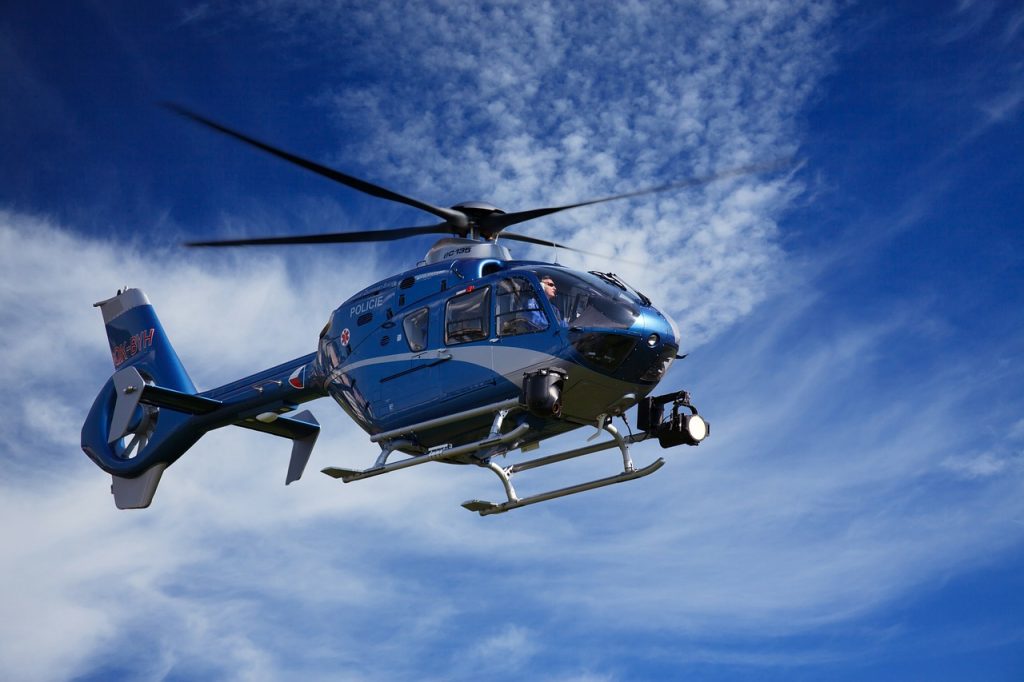Helicopters Being Made To Catch Rockets?
In a historic moment, a helicopter successfully caught a rocket falling back to Earth.
This article is more than 2 years old

Rocket Labs is attempting to pioneer a new path forward in the rocket-making industry. For years the company has been thinking up ways in which rockets used to launch its satellites into orbit could be recovered and then re-used. The Verge reported that the company has come one step closer to achieving that goal. Rocket Labs successfully executed its plan to have a helicopter catch an electron rocket upon its re-entry into the atmosphere.
In what amounts to somewhat of a historic milestone and certainly a big step forward for Rocket Labs and the industry as a whole, a helicopter physically caught an electron rocket in mid-air. However, the event fell just short of Rocket Lab’s overall expectations. This is because while the helicopter did indeed catch the rocket, it held onto it only for a brief moment before releasing it into the ocean where it splashed down safely and was ultimately recovered. You can watch the whole hour and a half long event firsthand below.
While Rocket Labs’ plan to have a helicopter catch a returning rocket didn’t exactly go off without a hitch, it was still a valuable step in the right direction. And what was accomplished was quite a remarkable feat in itself considering that parachutes had to deploy so precisely so as to slow a rocket careening back to Earth at upwards of 5,000 mph to a mere 22 mph in order for the helicopter to have a chance at catching it at all. This exercise proved that it can not only be done but that it can be done with that degree of precision. That certainly serves to provide great peace of mind to all individuals involved in recovering a returning rocket in motion.
Rocket Labs had given the helicopter pilot complete operational control over the exercise. Thus, it was left up to his discretion whether or not he felt safe transporting the vessel back to Rocket Labs’ recovery facilities. The pilot of the helicopter, who had participated in numerous training exercises prior to the main rocket recovery event, detailed that this time he noticed “different load characteristics” which ultimately factored into his decision to drop the rocket into the ocean. Thankfully though, a Rocket Labs spokesperson confirmed that “The stage is in great condition though, and we look forward to assessing it in detail when it’s back here in the factory.”
Using helicopters to catch returning rockets is as impressive as it is advantageous. Rocket Labs’ collective and dedicated efforts to reuse rockets will serve to benefit the environment as well its business, and, on a greater scale, the entire rocket industry. This is especially true considering that companies like SpaceX are putting concerted efforts into making commercial space travel normal. As more and more vessels and satellites are launched into orbit consider how waste-less it would be to simply restore and re-use the rockets that were used to boost them out of the atmosphere. From that perspective, Rocket Labs’ forward-thinking is well ahead of the curve.










